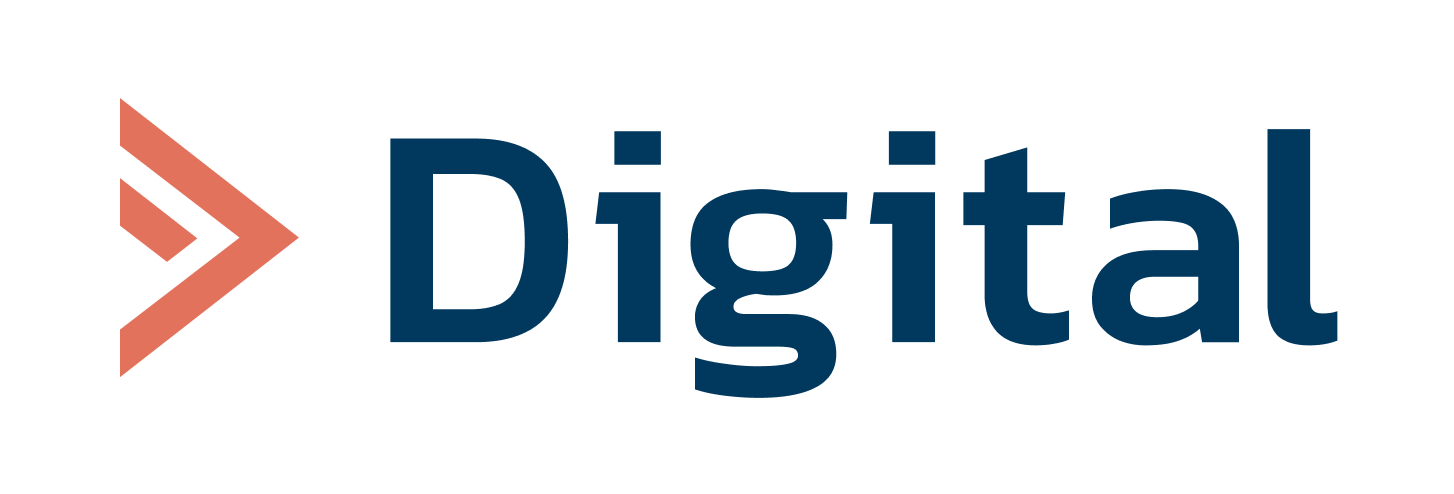Reddit is taking a firm stance against the unauthorized use of user-generated content from its platform. The company has filed a federal lawsuit in New York against Perplexity AI, Oxylabs UAB, AWMProxy, and SerpApi, alleging that these entities engaged in massive data scraping to collect user content — including posts and comments — without consent. The scraped data was allegedly used to train artificial intelligence models.
According to court documents, the defendants bypassed Reddit’s technical safeguards, such as its robots.txt restrictions, and employed thousands of proxy servers to disguise traffic sources. The collected data was then funneled to Perplexity AI, whose tools reportedly continued to use Reddit content despite explicit prohibitions. Reddit claims that after issuing a cease-and-desist letter in May 2024, the number of Reddit content citations by Perplexity increased fortyfold.
Reddit emphasizes that it has legitimate data licensing agreements with companies such as OpenAI and Google, which pay for access to Reddit’s data. In contrast, Perplexity and its partners allegedly engaged in “data laundering” — purchasing unlawfully obtained data from intermediaries. The lawsuit accuses the defendants of copyright infringement, unfair competition, and unjust enrichment. Reddit seeks a court injunction to halt further data use and monetary damages, the exact amount of which has not been disclosed.
This case underscores the growing value of online data in the age of artificial intelligence — especially data sourced from social media platforms. As one of the internet’s largest hubs for discussion and opinion, Reddit has become a prime target for companies developing large language models. Yet without clear rules on content ownership and fair compensation, the boundary between legitimate data use and theft is increasingly blurred.
The outcome could have major legal implications for the AI industry. If Reddit prevails, it may set a legal precedent, paving the way for more lawsuits and compelling AI developers to negotiate paid licensing deals. For startups reliant on freely available online data, this could mean restructuring their business models, while users might benefit from stronger protection of their content and privacy. Though the final verdict remains uncertain, this case is one to watch closely — its consequences could resonate across the entire AI ecosystem.


